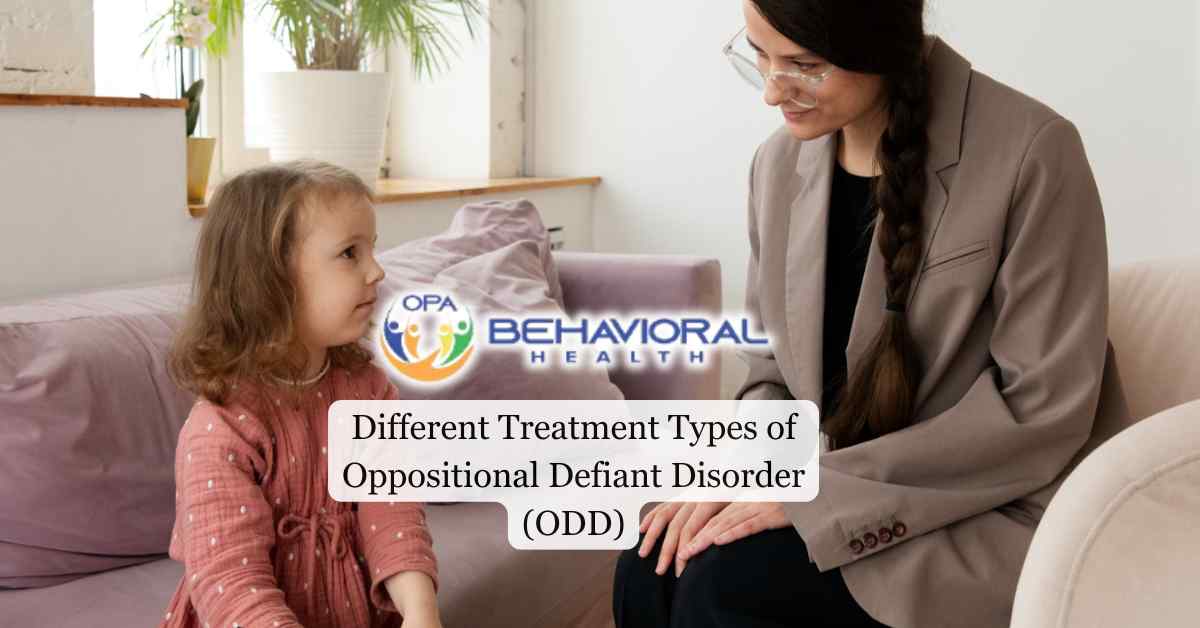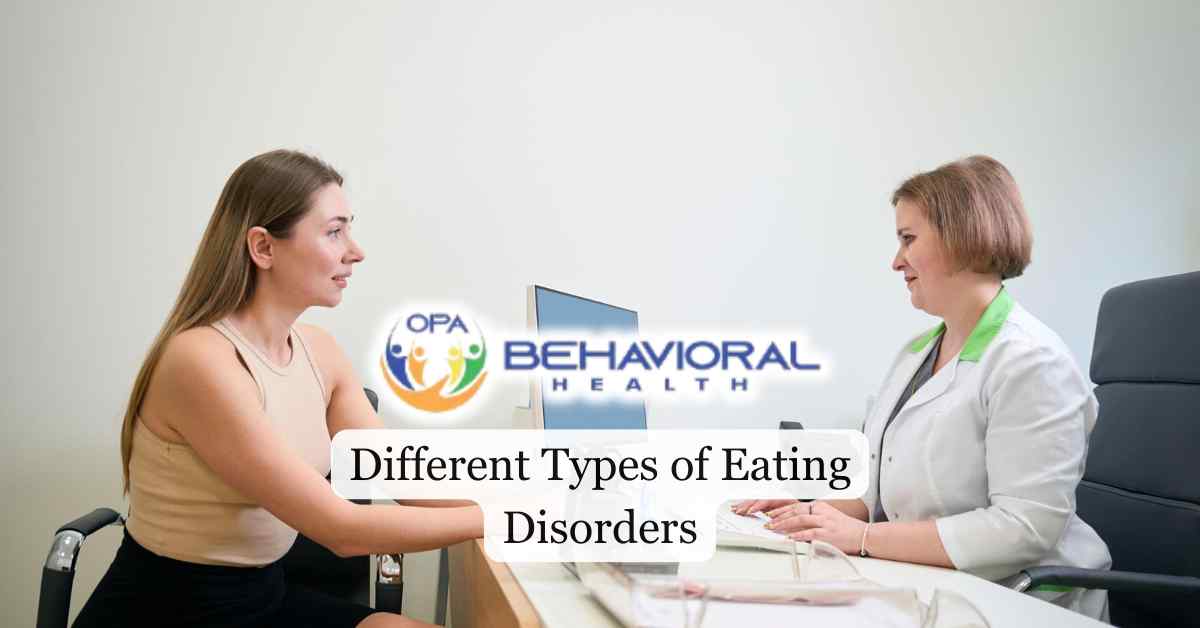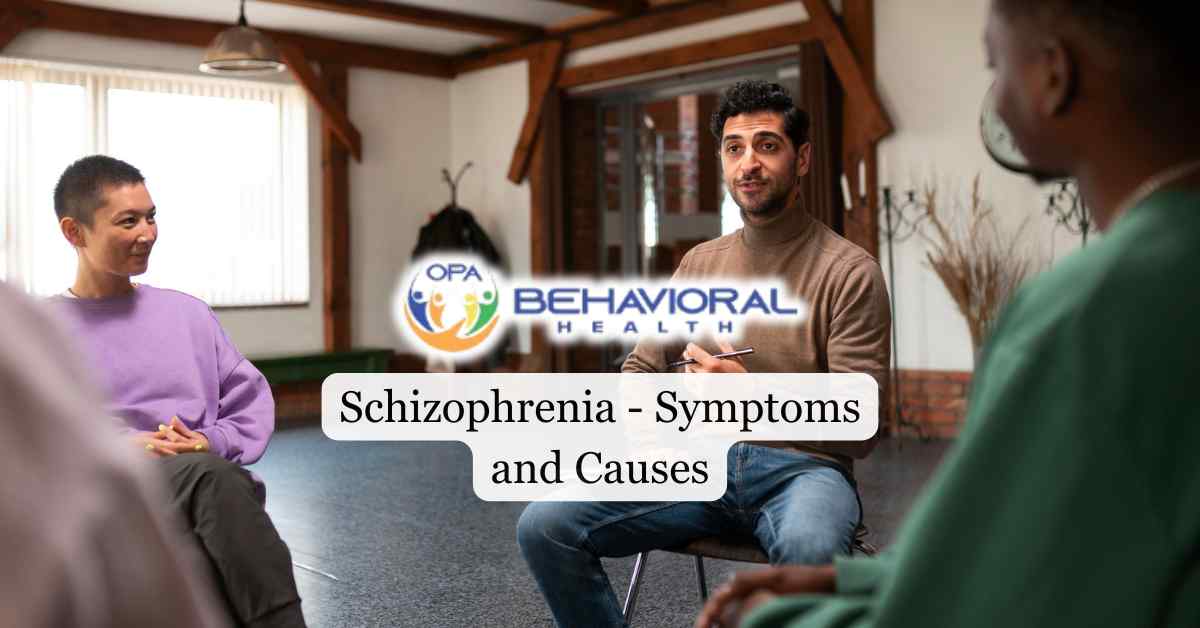Oppositional Defiant Disorder (ODD) is a complex behavioral condition that presents significant challenges for children, adolescents, and their families. It is characterized by a persistent pattern of angry and irritable moods, argumentative behavior, and vindictiveness. ODD requires a multifaceted approach to treatment.
In this article, we will explore the various treatment options available for individuals with Oppositional Defiant Disorder. Understanding these treatment modalities is crucial for parents, educators, and healthcare providers alike. Early intervention and appropriate treatment can significantly improve outcomes for those affected by ODD.

Psychosocial Interventions
Each of these treatment options fall under the category of psychosocial approaches and are deemed effective in helping children with ODD and their families.
Cognitive-Behavioral Therapy (CBT)
As an evidence-based approach, CBT focuses on modifying negative thought patterns and behaviors that contribute to a child’s defiant and disruptive actions.
Through techniques like role-playing, problem-solving skills training, and cognitive restructuring, children with ODD learn to understand the consequences of their behavior and develop better emotional regulation.
CBT sessions typically occur weekly over several months, with the goal of reducing ODD symptoms and improving overall functioning. Parental involvement is a key component of successful treatment, as caregivers learn strategies to reinforce positive behaviors and foster a healthier family dynamic.
By integrating school-based interventions that reinforce the skills learned in therapy, the effectiveness of CBT can be further enhanced. Research consistently demonstrates that CBT leads to significant improvements in behavior and emotional responses among children with ODD, making it a valuable tool in the treatment of this challenging disorder.
With its structured approach and emphasis on skill-building, the Cognitive-Behavioral Therapy Programs in Florida we provide at OPA Behavioral Health offer hope for families struggling with the impact of ODD.
Parent Management Training (PMT)
Parent Management Training (PMT) offers a structured approach to helping caregivers develop effective strategies for addressing their child’s oppositional and defiant behaviors. As a key component of treatment for oppositional defiant disorder, PMT emphasizes the use of positive reinforcement to encourage desired behaviors.
Through role-playing and practice scenarios, parents learn to provide specific praise when their child exhibits appropriate conduct, increasing the likelihood of those behaviors being repeated.
By equipping caregivers with the skills to handle challenging situations consistently and effectively, parent management training can significantly reduce conduct problems and improve parent-child interactions. Research has shown that PMT contributes to better overall family dynamics, making it an essential aspect of a comprehensive treatment plan for ODD.
Parent-Child Interaction Therapy (PCIT)
This therapy focuses on enhancing parent-child interactions through live coaching and positive reinforcement techniques. PCIT consists of two main components: Child-Directed Interaction (CDI) and Parent-Directed Interaction (PDI). In CDI, you’ll learn to engage with your child positively and playfully, while PDI teaches you to implement consistent discipline strategies.
The therapy is designed for children aged 2 to 7 years and is conducted in real-time, allowing therapists to provide immediate feedback to parents. By participating in PCIT, you’ll enhance your skills in managing challenging behaviors and promote long-term positive outcomes in your child’s behavior and family dynamics.
Find out what are the main symptoms of Oppositional Defiant Disorder and the predispositions affecting the occurrence of this condition.

Collaborative Problem Solving (CPS)
Developed by Dr. Ross Greene, CPS emphasizes collaboration between parents and children to tackle oppositional behavior through mutual understanding and solution brainstorming.
The model consists of three essential steps: empathizing with the child’s concerns, defining the adult’s concerns, and collaboratively brainstorming solutions that satisfy both parties.
CPS is particularly effective for children with ODD as it fosters a supportive environment that encourages open communication and the development of emotional regulation skills. By identifying and addressing the underlying issues contributing to a child’s oppositional behavior, CPS promotes problem-solving abilities and enhances the parent-child relationship.
Family Therapy
This approach involves all family members working together to address and resolve conflicts, creating a supportive environment for the child.
By focusing on improving communication and relationships within the family unit, family therapy can lead to significant reductions in oppositional behaviors and enhancements in overall family dynamics.
During family therapy sessions, you’ll learn effective parenting strategies and consistent disciplinary approaches, which are essential for managing your child’s defiant behaviors. The therapist will guide you in developing a structured, nurturing environment that promotes your child’s emotional and behavioral development.
Through collaborative problem-solving and open communication, you’ll gain insights into your family’s unique dynamics and learn how to foster positive interactions.
Medication Management
While medication isn’t a direct treatment for Oppositional Defiant Disorder (ODD), it may be prescribed to manage co-occurring conditions that exacerbate your child’s symptoms.
Medications like atypical antipsychotics, mood stabilizers, and stimulants are commonly used to address issues such as ADHD, anxiety, or severe aggression. However, it’s crucial to understand that these medications aim to alleviate specific symptoms rather than treat ODD itself.
Your child’s healthcare provider will make medication decisions based on a thorough evaluation, weighing the severity of symptoms against potential benefits and risks.
If medication is prescribed, you’ll need to closely monitor your child for side effects and treatment effectiveness, as individual responses to medication can vary significantly in children with ODD.
It’s important to remember that medication management should be used in conjunction with behavioral therapies for the best outcomes.
A comprehensive approach that combines medication, when necessary, with structured interventions and parent training programs often yields the most effective results in managing oppositional defiant disorder symptoms and improving your child’s overall well-being.
Read more about the differences between ODD and Conduct Disorder to ensure effective and proper intervention when needed.
School-Based Interventions
These interventions aim to enhance your child’s school performance and peer relationships through individualized behavior plans and proactive classroom management techniques.
Teachers receive specialized training to prevent the escalation of defiant behaviors, helping them create a supportive learning environment for your child.
They’ll work closely with you and mental health professionals to develop effective strategies tailored to your child’s specific needs.
By setting clear expectations and consequences, school-based interventions can lead to significant improvements in your child’s academic performance and social interactions.
With the right support and interventions, you can empower your child to overcome the challenges associated with ODD and achieve success both academically and socially.
Combined Treatment Approaches
Combining medication management with behavioral therapies can enhance treatment effectiveness for children with Oppositional Defiant Disorder (ODD). A multimodal approach that integrates psychotherapy, such as Parent Management Training (PMT) and Cognitive Behavioral Therapy (CBT), alongside tailored behavioral interventions, has shown promising results in managing ODD symptoms and improving overall functioning.
Parent training programs play a crucial role in combined treatment, as they equip caregivers with the skills to implement consistent behavior management strategies. Mental health professionals guide parents in using positive reinforcement techniques to modify disruptive behaviors and promote emotional regulation.
When co-occurring conditions like ADHD or anxiety are present, incorporating medication can further support the child’s progress. However, the primary focus remains on structured behavioral interventions that target specific challenges associated with ODD.
Alternative and Complementary Therapies
Mindfulness practices, such as meditation and deep breathing exercises, have shown promise in improving emotional regulation and reducing disruptive behaviors. You might also consider nutritional interventions, like omega-3 fatty acid supplementation, which have been studied for their potential benefits in managing behavioral problems, although results can vary among individuals.
While scientific evidence is limited, some families explore herbal remedies and homeopathy as adjunct therapies.
Animal-assisted therapy, particularly interactions with therapy dogs, can foster emotional bonding and enhance social skills, creating a calming and connecting experience for children with ODD. Incorporating yoga and physical activity into the treatment plan may also help improve mood and reduce anxiety.
It’s important to note that these alternative and complementary therapies should be used in conjunction with evidence-based treatments, such as behavioral therapy and parent training programs.
Consult with your child’s healthcare provider to determine which approaches might be most suitable and effective in managing ODD symptoms.
Final Thoughts from OPA Behavioral Health
At OPA Behavioral Health, we recognize the difficulties that arise when dealing with ODD. Our experienced team of mental health counselors in Florida is dedicated to providing thorough psychiatric assessments and personalized treatment plans for children and adolescents facing this challenging condition. We take a holistic approach that may include various aspects of the treatments discussed earlier, always tailoring our care to the unique needs of each patient and their family.








